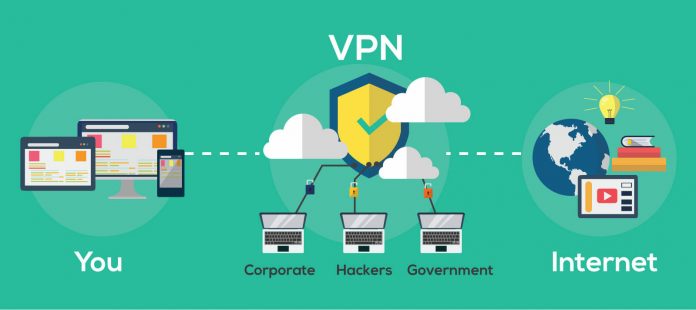
Are you working remotely? Well, congratulations. That’s a dream to many. At least, you have the convenience on your part. However, there is a problem. Accessing files remotely can expose you to various online risks. For instance, if you are sharing corporate files, hackers can take advantage and steal your files. This can be disastrous, especially if these hackers demand cash in exchange for the stolen files. That’s why a VPN is mandatory for those working remotely.
Public Wi-Fi Networks: Where they’re found
Public Wi-Fi networks aren’t difficult to find. They’re highly prevalent in various locations around the globe and you probably encounter them in your day-to-day life. Some common locations where you might encounter these networks include:
Public Wi-Fi networks are not hard to find. Some common locations where you may encounter these networks include restaurants, hotels, airports, airplanes tourist attractions, commercial hubs, public parks, malls, home networks, as well as shopping centers.
Why Public Wi-Fi Networks Insecure?
An unsecured Wi-Fi network refers to any network which doesn’t require you to enter a password or any other login credentials for you to access the network. Typically, these “open” networks involve un-encrypted connections, which leave users at great risk. Such hotspots are usually an easy target for hackers as well as nefarious people trying to still login details, credit card information, as well as communication content. These also pose other threats like Wi-Fi sniffing, malware, and man-in-the-middle attacks.
Hackers or Snoops
Most often, hackers and snoops infiltrate unsecured Wi-Fi networks and collect confidential details or sensitive login information. Do you think hacking is hard? You’re mistaken. With the help of tools such as packet analyzers, hacking has actually been easier nowadays.
Man-in-the-Middle Attacks
Most often, such attacks occur when a malicious person intercepts the communication between two people and forces themselves into communication. They can then access information being exchanged and intercept personal data without the consent of the senders or recipients. And this type of attack allows for illegal data transfers, eavesdropping, and exploitation of real-time transactions.
Malware
Unsecured Wi-Fi networks can also be used to inject malware into devices available on the network. Malware is extremely dangerous since it could give attackers access to all your content, including files, photos, as well as microphone activation for eavesdropping.
Rogue Hotspots
These networks are often set up by criminals, using a name that closely resembles that of the legitimate Wi-Fi hotspot. Such hotspots are often created to trick online users into connecting, thinking that they’re utilizing a legitimate network at a coffee shop, for instance. When connecting to any of these networks you become highly vulnerable to hacking or snooping conducted by the owner of those fake networks.
The Bottom-Line: Choose The Best
Privacyspark.com – best VPNs for public wifi and stay safe online. Working remotely is beautiful. But staying safe online whole working remotely is what you need. The above information will help you protect your online security and privacy. Purchase the best VPN and browse the internet with confidence.